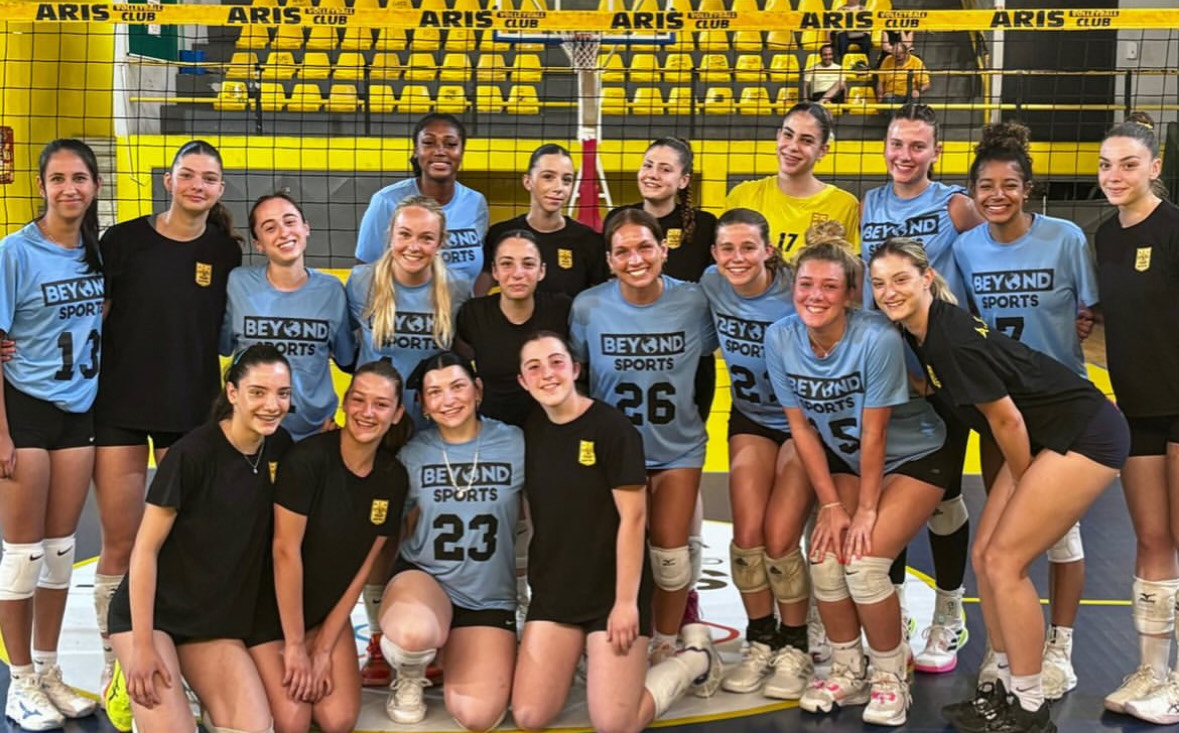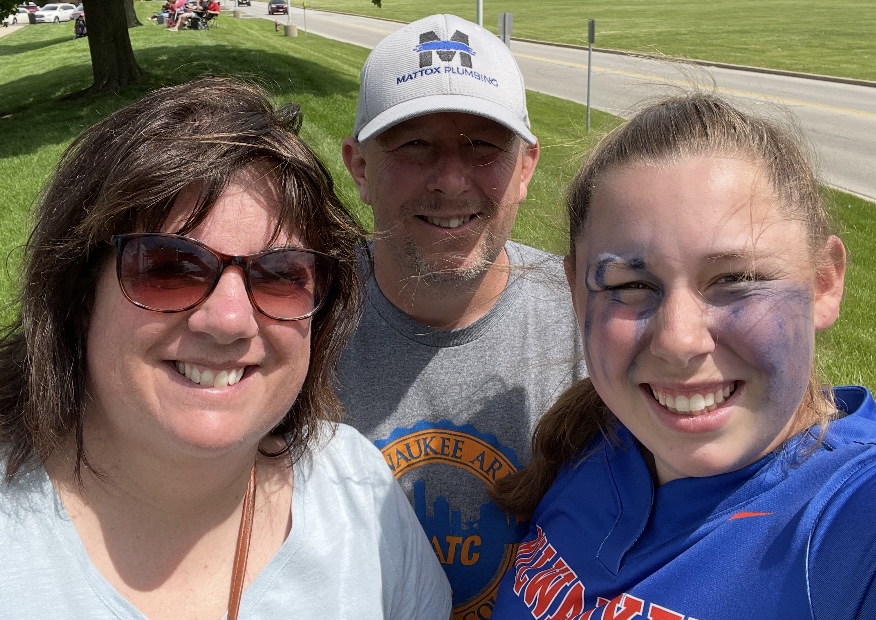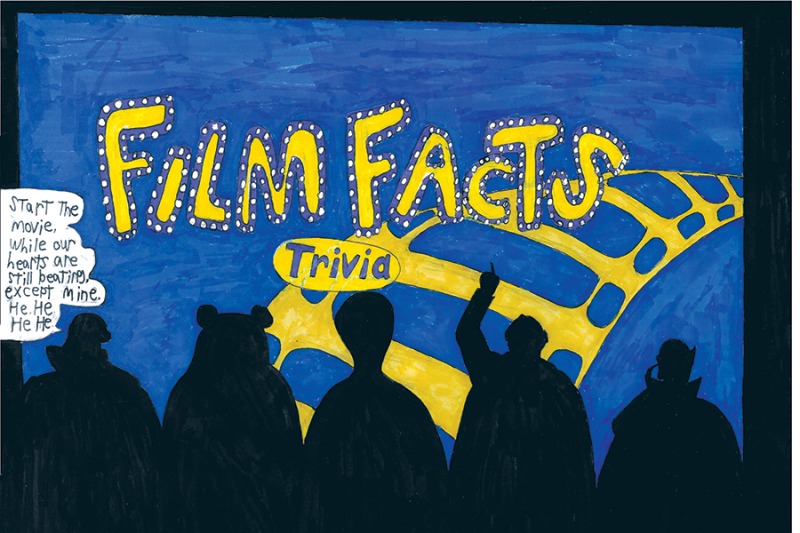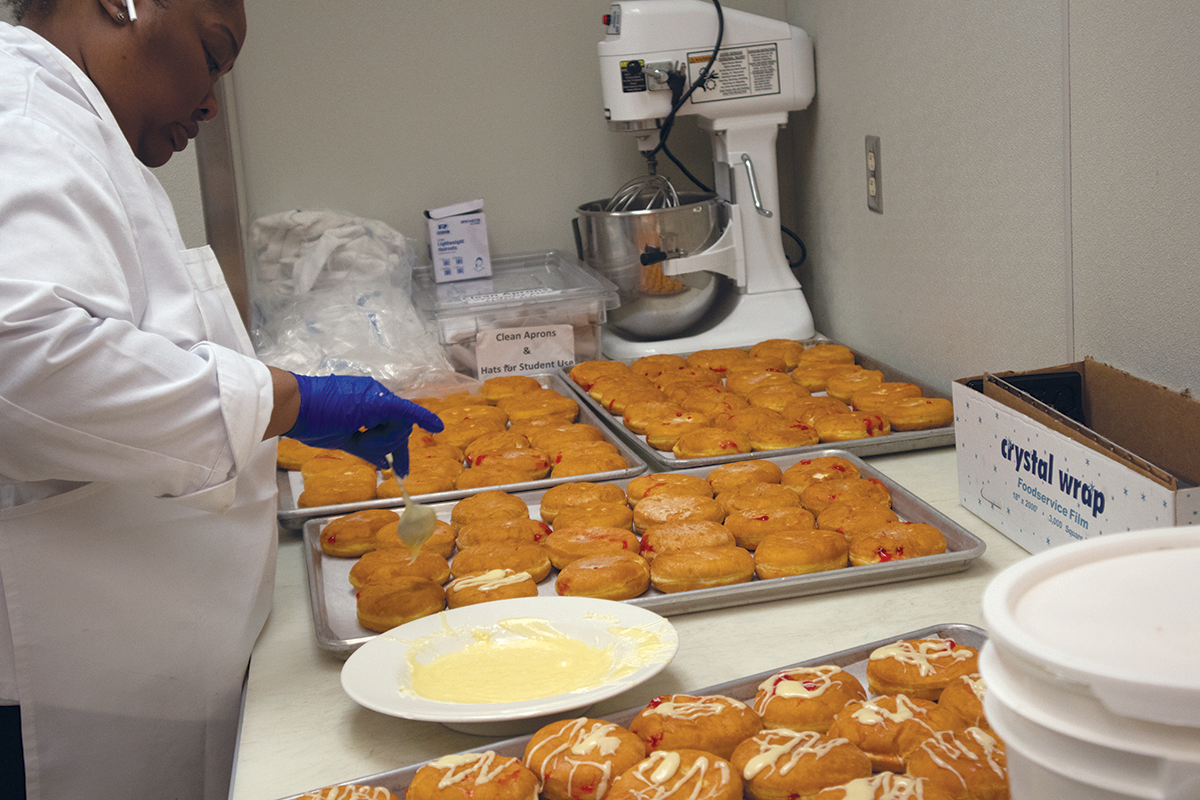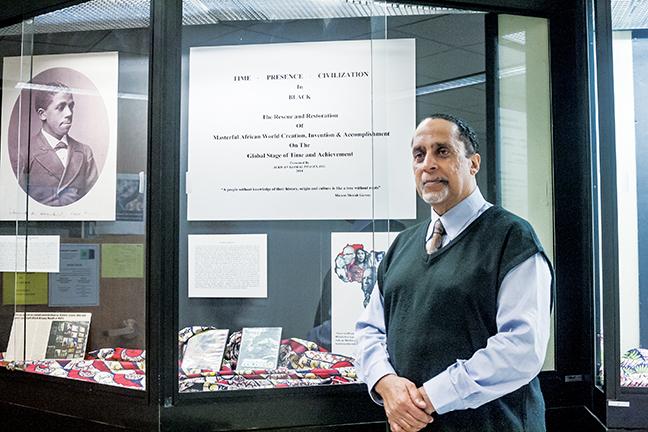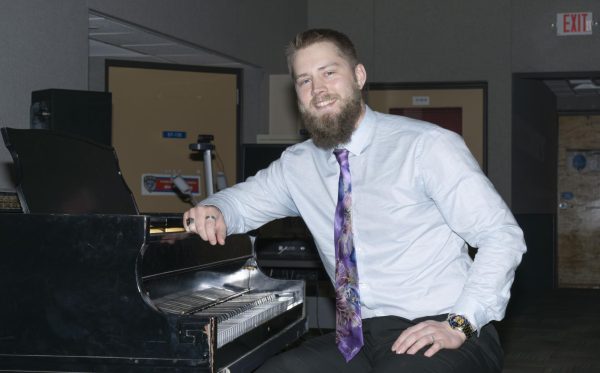Black history exhibit hopes to help with present day race issues
Photo by Laura Dierbeck/Times
Taki S. Raton, M.A., Ed., is the organizer and curator for the African-American history exhibit titled “Time, Presence, Civilization in Black” near Room S292 in the hallway cases.
Did you ever wonder when black history began? It actually started when man first walked on Earth. Taki S. Raton told the history by displaying an exhibit on the MATC campus.
Raton is a historian and an adjunct professor from Springfield College in Milwaukee. He is a contributing writer for local newspapers, the Milwaukee Courier and the Milwaukee County Journal. He also hosts his own radio show on Thursdays called “MenThink.” In February, the President’s Diversity Council invited Raton to the downtown campus to create an exhibit for Black History Month. “Everyone has a right to know their history,” said Raton. “You have a right to know where you started on this Earth.” The exhibit on black history was on display on the second floor of the Main Building in the downtown campus during Black History Month. On Feb. 27, Raton gave a presentation on the exhibit.
Raton believes that people have a right to know where they came, from their own point of view. One race that Raton feels has changed over the years for the worst is African-Americans. “Your history has been falsified, distorted, hidden and mythicized,” said Raton. He added that African-Americans’ memory on their ancestry was erased. He also said that most history we know comes from the views of other races.
“No man allows another to integrate into his world on the same level,” said Raton. Raton believes that, as of 2014, the African-American race is at its weakest point.
Raton points out how African-Americans don’t support other African-American businesses but would go spend their money at a business owned by another race. He also points out that a lot of African-American athletes and celebrities who make a living are told not to give back to the African-American community. He also states that we don’t support African-American businesses and communities because we find other races superior. Although history shows that Africans came first, African-Americans believe that in order to succeed they have to “act white.”
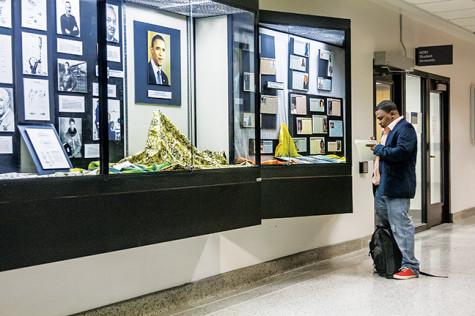
“You have to get out of the European way of thinking,” said Raton. He stresses that African- Americans who don’t know their history are growing up in a lie.
Raton stresses that one way to fix the distortions in African- American history is by teaching our children. “If you’re growing up in a lie, what’s going to happen to your children?” Raton asked. His beliefs are proven when most kids in school think about African-American history and recall only slavery.
“Most of what you think you know about history is that you pick cotton,” said Raton. He fears that by not telling kids the truth about history, they’ll end up having another race’s perspective instead of their own. He created the exhibit to show the truths of African history and culture. He created it to show how Africans and African-Americans succeeded in the past. It also shows that the first people who were the first to walk on this Earth came from Africa. “Africa is in your blood,” said Raton. “You are as African today as you were 40 years ago.” He also stated that all of the history provided in the exhibit has dates and is 100 percent accurate.
Raton had tons of information to share with the people who attended the presentation. His exhibit provides a history lesson on African history, culture and ancestry.
If you get the chance to see it, don’t just walk by, observe and learn about the history. Raton believes that by knowing your history, from your own perspective, you have a better understanding of your race. If African-Americans know their history and ancestry, they can regain some of the strength they had when their ancestors walked on this planet.
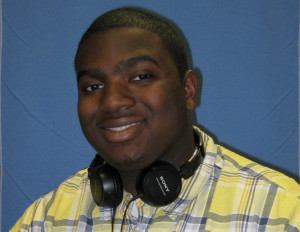
I joined the MATC Times in fall 2012. At first, I thought this was going to be a onetime thing. Just write a story for extra credit for journalism and...






